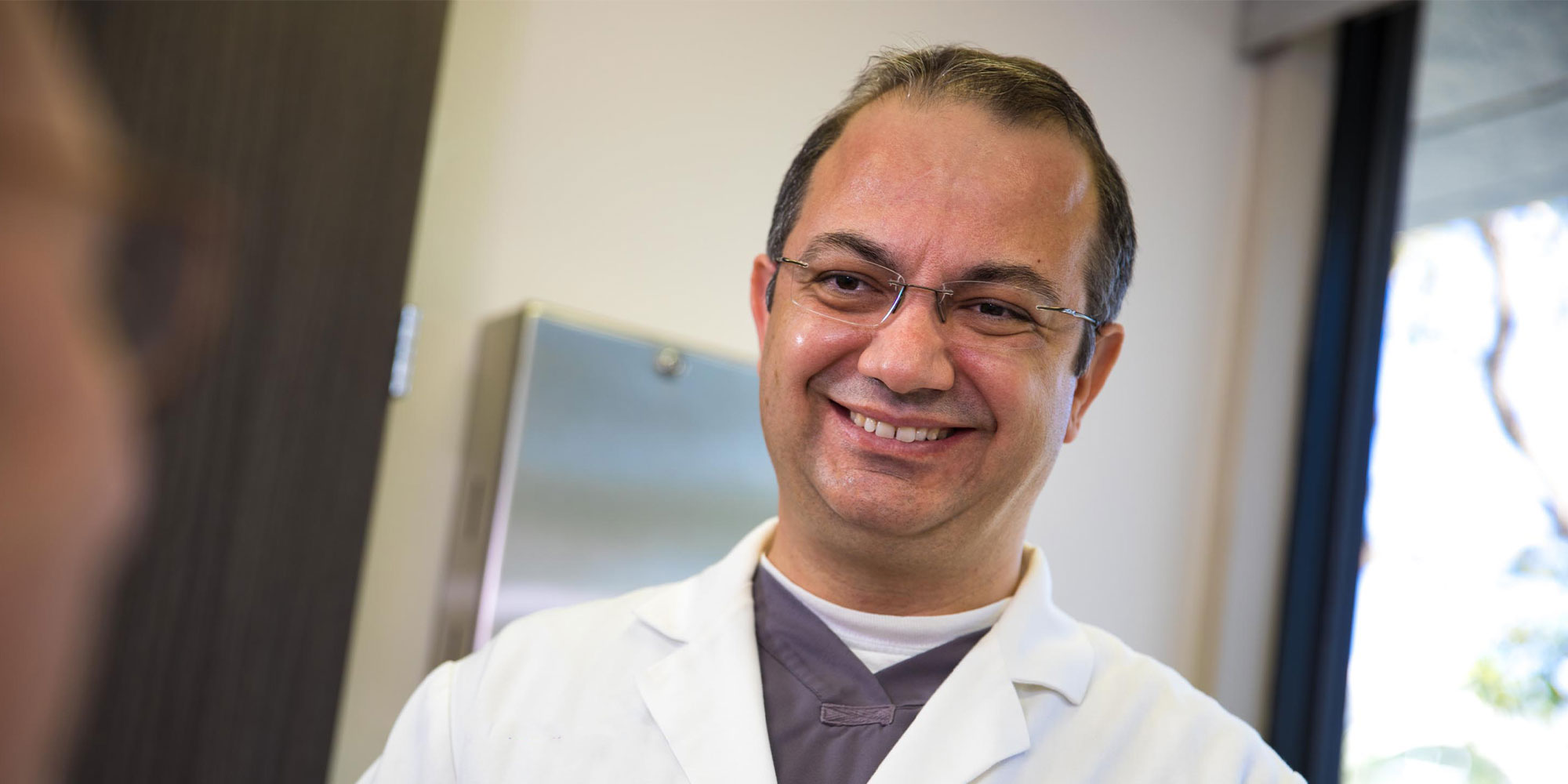When people get treated with full mouth dental implants in Fort Lauderdale, FL, the beauty, functionality, and health of their smile will be restored for years to come. While many people may want to transform their smile with full mouth dental implants, not everyone is a candidate for them. There are a number of contributing factors that make people candidates for full mouth dental implants.
Interested in learning about the factors that make people candidates for full mouth dental implants? Continue reading to learn about the factors that determine people’s candidacy for full mouth dental implants.
The Factors That Determine People’s Candidacy For Full Mouth Dental Implants In Fort Lauderdale, FL
Different factors determine people’s candidacy for full mouth dental implants. The following goes into detail about the specific factors that determine people’s candidacy for full mouth dental implants.
Jawbone Density:
The amount of jawbone density people have is a crucial factor in the dental professional determining their candidacy for full mouth dental implants. This is because the four or more dental implant posts used in a full mouth dental implant procedure are strategically placed in the patient’s jawbone. The patient’s jawbone, then, must possess sufficient density to securely support these dental implant posts.
When people have an insufficient amount of jawbone density, it can lead to their full mouth dental implant procedure failing. This is because their jawbone may not fully fuse, in a process called osseointegration, with the dental implant posts.
In the cases where people have an insufficient amount of jawbone density to support their full mouth dental implants, they will first need to be treated with a bone grafting procedure first. A bone grafting procedure is used to restore the density of a patient’s jawbone, increasing the likelihood of them having a successful full mouth dental implant procedure.
Age:
Age is another significant factor the dental professional will use in determining a person’s candidacy for full mouth dental implants. While there is no upper age limit for full mouth dental implant patient’s, they must have fully developed jawbones, which typically occurs by the end of people’s teen years.
This is why children and adolescents are usually not suitable candidates for full mouth dental implant procedures. Older people must be in good overall health and capable of undergoing a full mouth dental implant surgery.
Certain age-related conditions, such as osteoporosis or uncontrolled diabetes, may affect the ability of the person’s jawbone to properly fuse with the dental implant posts, potentially jeopardizing the success of the full mouth dental implant procedure. While age itself is not a barrier, the health conditions associated with aging could affect people’s candidacy for full mouth dental implants.
Bruxism:
Bruxism, or the involuntary or habitual grinding of the teeth, typically during sleep, is another factor considered when a dental professional is determining people’s candidacy for full mouth dental implants. Bruxism is a type of condition that can lead to people’s teeth and jaws becoming seriously damaged over time, potentially complicating their future full mouth dental implant procedures.
Regular and persistent tooth grinding places excessive strain on the four or more dental implant posts, potentially leading to them becoming loose or failing over time. Bruxism can also interfere with the process of osseointegration, where the jawbone fuses with the dental implant posts. Osseointegration is crucial for the stability and long-term success of the patient’s full mouth dental implants.
If people are dealing with uncontrolled bruxism, then they may need to seek treatment to manage the condition before they can be successfully treated with full mouth dental implants. In some cases, the use of a night guard might be recommended to protect the full mouth dental implants from the damaging effects of teeth grinding.
Systematic Health Conditions:
Systemic health conditions, such as diabetes, heart disease, and autoimmune disorders, play a significant role in the dental professional determining if an individual is a suitable candidate for full mouth dental implants. These systemic health conditions can impact the body’s ability to heal and fight infection, which are crucial aspects of the full mouth dental implant procedure process.
For instance, people with uncontrolled diabetes may have diminished healing capabilities, and this can compromise the process of osseointegration, where the dental implant posts fuse with the patient’s jawbone. Similarly, people with heart disease might have an increased risk of complications during their full mouth dental implant surgery.
Systemic health conditions will not automatically exclude someone from getting treated with full mouth dental implants. However, their medical history and current health status must be thoroughly evaluated, and their conditions should be well-managed before undergoing the procedure.
In some cases, a specialized treatment plan may be established, in collaboration with the patient’s primary healthcare provider, to ensure they have a successful full mouth implant procedure.
Cigarette Smoking:
Cigarette smoking is a significant factor the dental professional considers when determining a person’s candidacy for full mouth dental implants. Smoking has been linked to poor oral health, including an increased risk of gum disease and tooth loss, both of which can complicate the process of getting treated with full mouth dental implants.
The harmful chemicals in smoke can also inhibit the body’s healing process, potentially leading to a compromised process of osseointegration – the fusing of the dental implant posts with the patient’s jawbone.
People who are heavy smokers should consider quitting in order to become a candidate for full mouth dental implants. Those who continue to smoke after getting treated with full mouth dental implants, may experience their full arch tooth replacement option having complications or failing.
Come To Our Office So We Can Determine Your Candidacy For Full Mouth Dental Implants
No matter the state of your oral or overall health conditions, we can help you become a candidate for full mouth dental implants. Why wait to transform your smile with us? Get in contact with our doctors, Dr. Burak Taskonak, and our exceptional team at our office to schedule an appointment today!


